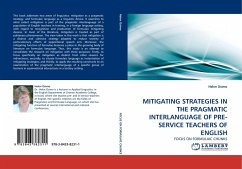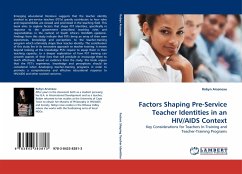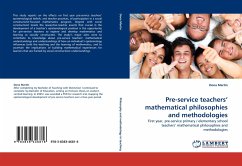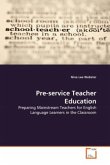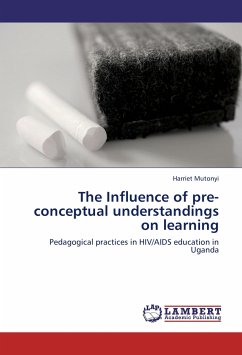This book addresses two areas of linguistics: mitigation as a pragmatic strategy, and formulaic language as a linguistic device. It examines to what extent mitigation is part of the pragmatic interlanguage of a population of English teachers in training, in a foreign language setting, with regard to recognition and production of formulaic mitigating devices. In most of the literature, mitigation is treated as part of politeness phenomenon. The view taken in this work is that mitigation is a distinct and cohesive strategy adopted to reduce severity of perlocutionary effects of oppositional speech acts. Moreover, the mitigating function of formulae deserves a place in the growing body of literature on formulaic language. Thus, this study is an attempt to consolidate the research on mitigation with three purposes: firstly, to focus specifically on mitigation as distinct from other reasons for indirectness; secondly, to situate formulaic language as instantiation of mitigating strategies; and thirdly, to apply the resulting constructs to an examination of the pragmatic interlanguage of a specific group of learners in asymmetrical interactions in a tertiary setting.
Bitte wählen Sie Ihr Anliegen aus.
Rechnungen
Retourenschein anfordern
Bestellstatus
Storno

